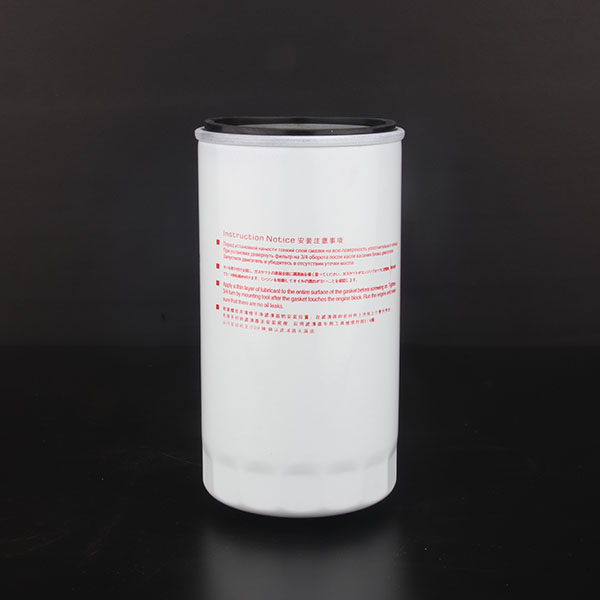Aug . 07, 2024 05:10 Back to list
Where to Purchase High-Quality Glass Fiber Filter Paper for Your Laboratory Needs
Understanding Glass Fiber Filter Paper A Comprehensive Guide to Buying
When it comes to laboratory filtration and separation processes, glass fiber filter paper is an invaluable resource. Renowned for its superior performance, this type of filter paper is widely used in various applications, spanning from environmental testing to industrial manufacturing. If you’re considering purchasing glass fiber filter paper, understanding its properties, applications, and the factors to consider during your buying process is crucial.
What is Glass Fiber Filter Paper?
Glass fiber filter paper is made from extremely fine glass fibers tightly woven together to create a strong and durable medium. It is primarily designed for the efficient filtration of liquids and gases, offering high flow rates and excellent particle retention capabilities. Glass fiber filters are known for being resistant to most solvents and chemicals, making them suitable for a wide range of applications.
Key Characteristics
1. High Filtration Efficiency One of the most significant advantages of glass fiber filter paper is its ability to capture particles as small as 1 micron, which is essential for precise analytical processes.
2. Rapid Filtration Compared to conventional cellulose filter papers, glass fiber filters allow for faster filtration rates. This efficiency is especially beneficial in laboratory settings where time is of the essence.
3. Chemical Resistance Glass fiber is inert to many chemicals, meaning it can be used in various aggressive environments without degradation.
4. Temperature Resistance Glass fiber can withstand higher temperatures than many other filtering materials, making it suitable for applications that involve heated processes.
Common Applications
Glass fiber filter paper is used in multiple sectors, including
buy glass fiber filter paper

- Environmental Testing It is used for sampling air and water, particularly in detecting pollutants and contaminants. - Biotechnology and Pharmaceuticals In these industries, it aids in the purification of biological materials, ensuring that processes yield high-quality products.
- Laboratory Research Researchers use glass fiber filters in analytical methods to separate fine particles from solutions, enhancing the accuracy of results.
- Industrial Manufacturing Many industries utilize glass fiber filters for quality control and process optimization, ensuring that final products meet necessary standards.
Factors to Consider When Buying
1. Specifications Identify the specifications required for your application, including pore size, thickness, and diameter. Different applications may require different types of glass fiber filters.
2. Grade of Filter Paper There are various grades of glass fiber filter paper, ranging from low to high retention capabilities. Ensure you choose the appropriate grade based on your needs.
3. Brand Reliability Selecting a trustworthy supplier is crucial. Research manufacturers and read reviews to ensure they are known for producing high-quality filtration products.
4. Price While cost shouldn’t be the only deciding factor, it is essential to compare prices across suppliers. Look for a balance between quality and affordability.
5. Quantity and Packaging Consider how much filter paper you need for your projects. Suppliers offer different packaging options, including individual sheets and bulk quantities.
Conclusion
Purchasing glass fiber filter paper is a significant investment that can greatly enhance your laboratory or industrial processes. With its exceptional filtration capabilities and chemical resistance, it serves as an indispensable tool in various applications. By considering the factors outlined above and understanding the properties of glass fiber filter paper, you can make an informed decision that enhances both efficiency and accuracy in your work. Whether you're conducting environmental tests or engaging in cutting-edge research, the right glass fiber filter paper will undoubtedly facilitate your success.
-
Cheap PLJY109-500 Full-Auto HDAF Expanded Mesh Spiral Coiling Machine - High Efficiency & Quality Manufacturer
NewsJul.08,2025
-
Best PLHJ-6 Full-Auto Eco Filter Rotary Heat Plating Machine - High Efficiency & Eco-Friendly Solution
NewsJul.08,2025
-
High-Efficiency Paper Pleating Machine for Filters Trusted Filter Paper Pleating Machine Company
NewsJul.07,2025
-
High-Performance Oil Filter for Cadillac ATS – Reliable Engine Protection Solutions
NewsJul.07,2025
-
High Quality PU Glue for Filters – Reliable Filter Glue Supplier & Exporter Get PU Glue Quotes Now
NewsJul.07,2025
-
China PLJL-4 Seal Leakage Tester for Spin-On Filter - High-Precision Multi-Station Testing Solutions
NewsJul.06,2025
